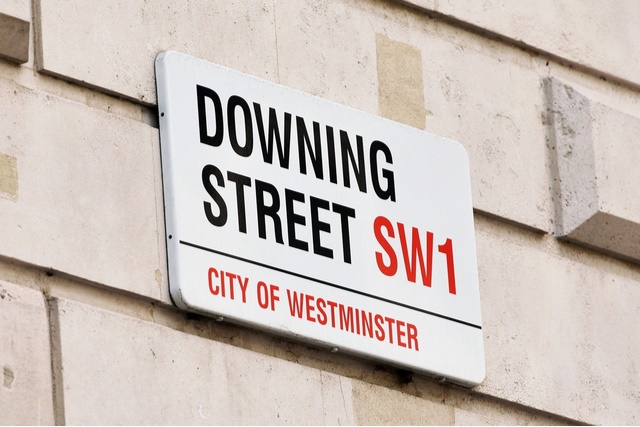Second UK Lockdown Weighs Heavily on Pound Euro (GBP/EUR) Exchange Rate
Support for the Pound Sterling to Euro (GBP/EUR) exchange rate proved limited in the wake of Boris Johnson’s announcement of a second national lockdown.
With the UK economy already having shown signs of losing its initial recovery momentum in October the prospect of renewed economic disruption weighed heavily on Pound Sterling (GBP).
The increasing odds of the UK economy experiencing a fresh slowdown in the fourth quarter, driven by the closure of all non-essential shops, significantly raised the odds of a potential growth contraction.
While the Eurozone economy also faces similar negative pressures a solid showing from October’s finalised German manufacturing PMI helped to keep the Euro (EUR) on a stronger footing.
Dovish BoE Meeting Set to Drag on GBP/EUR Exchange Rate
As an increasing shadow appears to hang over the UK’s economic outlook markets anticipate greater chances of a dovish shift at the Bank of England (BoE) policy meeting on Thursday.
Bets on an expansion of the BoE’s quantitative easing programme picked up in response to the lockdown announcement, with the economy looking in even greater need of support.
Even so, if the central bank does opt to act at this stage the GBP/EUR exchange rate looks vulnerable to a slump in the wake of the meeting.
Focus also looks set to fall on the nature of the accompanying meeting minutes, with investors wary of any potential mention of negative interest rates.
As some members of the Monetary Policy Committee (MPC) have expressed an openness to the possibility of negative rates any mention could see the Pound trending sharply lower.
If markets find reason to believe that negative interest rates are an increasing likelihood this may leave the GBP/EUR exchange rate on the back foot in the days ahead.
Negative Eurozone Services PMIs Forecast to Limit Euro Appeal
October’s finalised set of Eurozone services PMIs could put some pressure on the single currency, however.
After the initial readings pointed towards a fresh contraction in the service sector across the currency union the Euro looks vulnerable to further selling pressure on the back of the data.
As long as evidence of an incoming double-dip recession continues to build the potential for EUR exchange rate gains may prove limited.
The underlying details of the PMI report could put particular pressure on the single currency, with any decline in employment likely to further dampen market sentiment.
Unless the service sector can demonstrate signs of resilience at the start of the fourth quarter support for the Euro looks set to weaken on Wednesday.
Increasing unrest over the fresh lockdown restrictions in France and Germany could also keep EUR exchange rates under a degree of pressure in the near term.


Comments are closed.